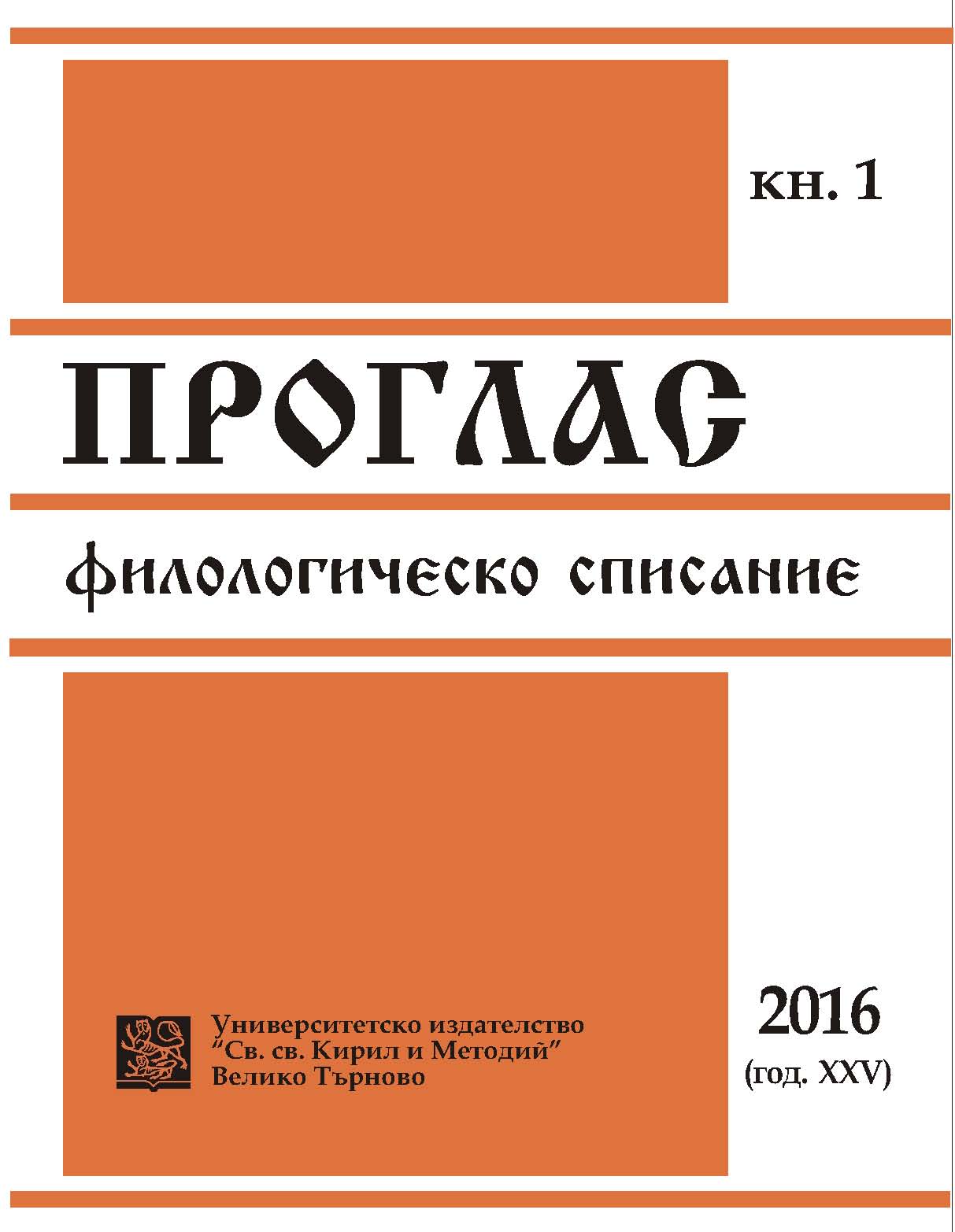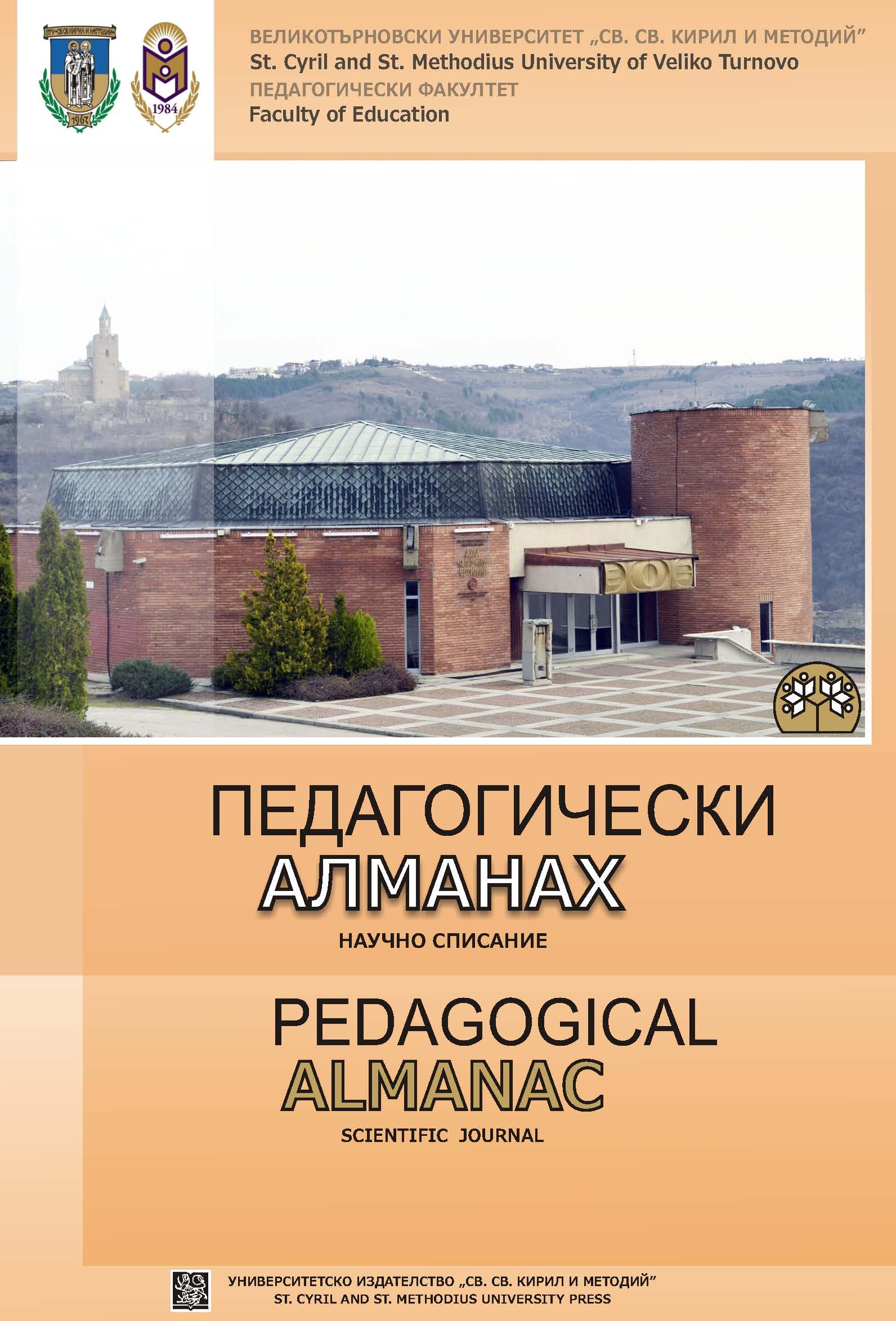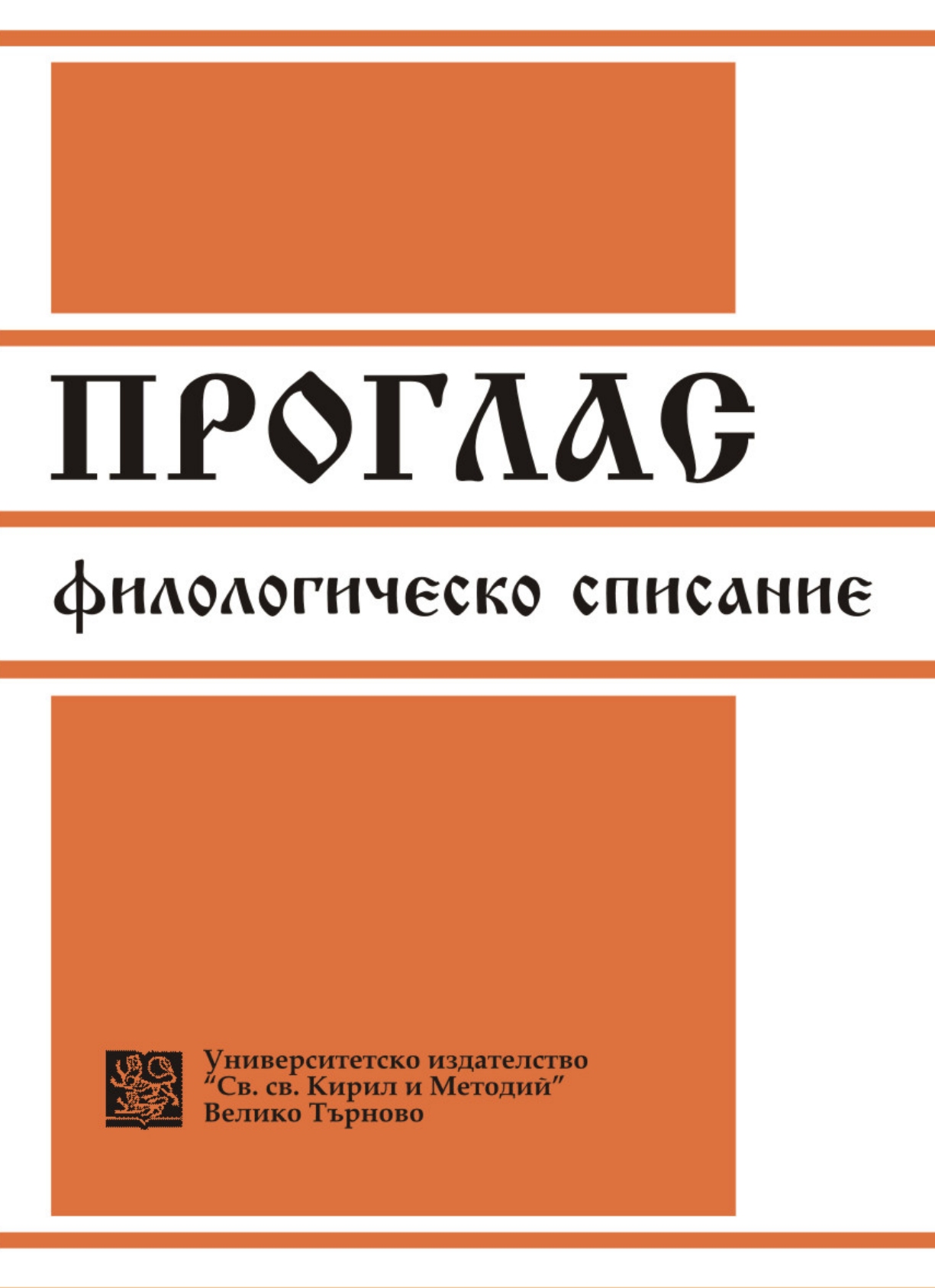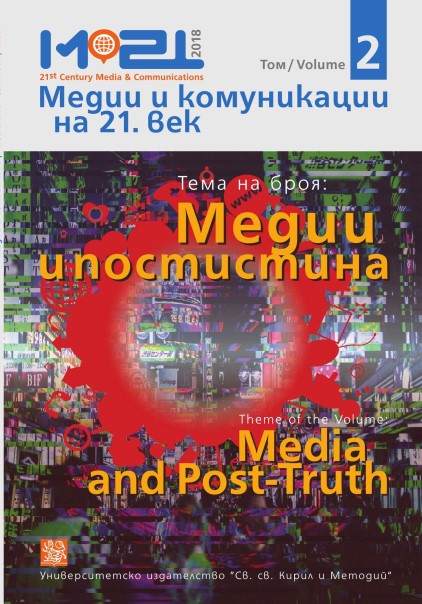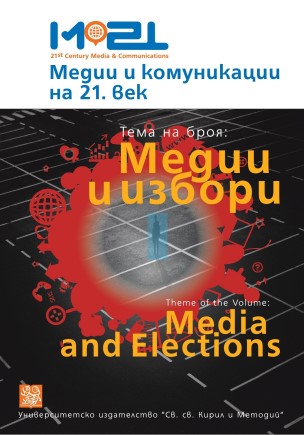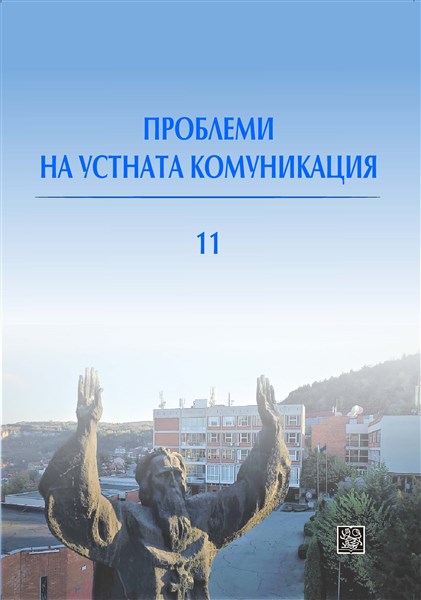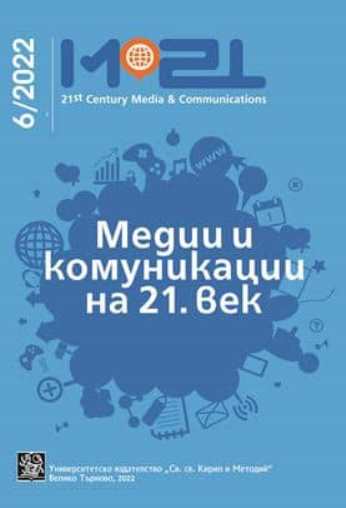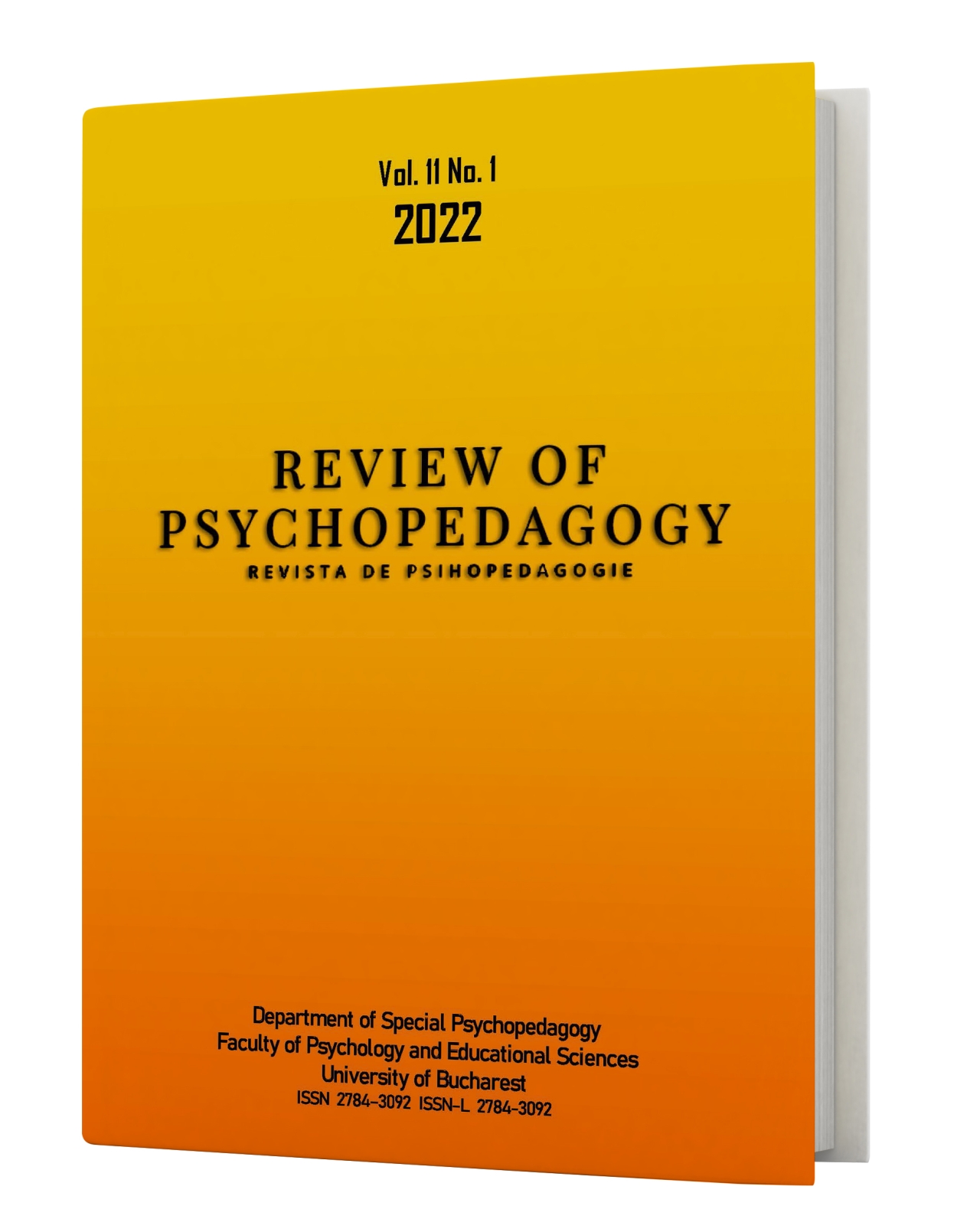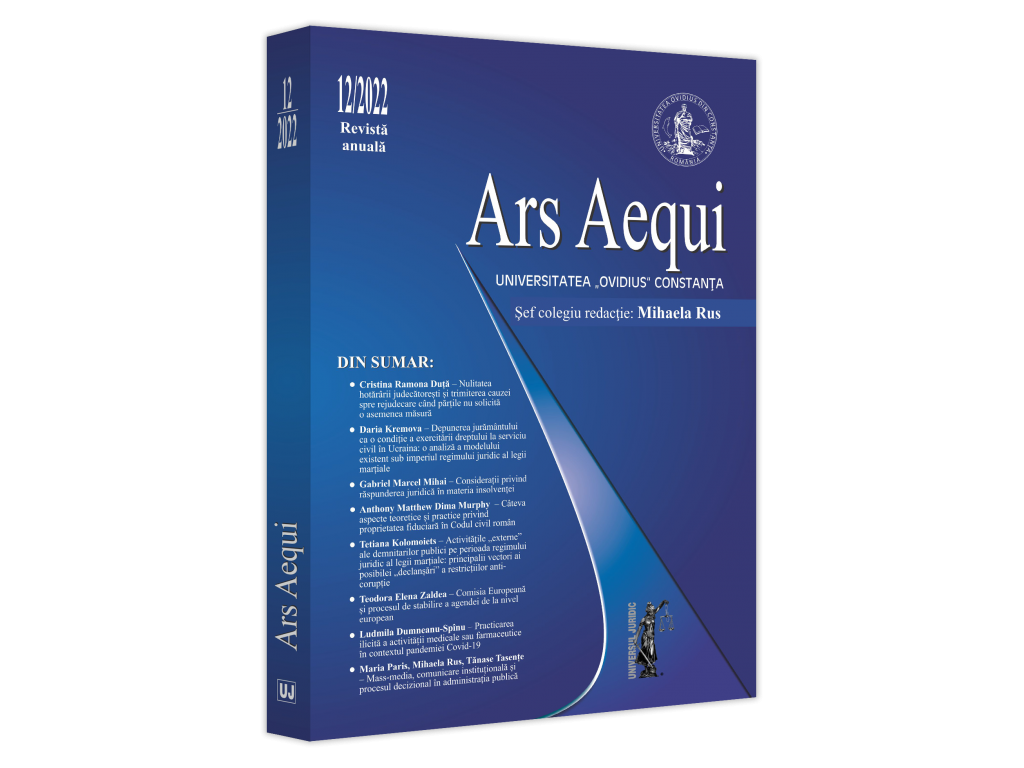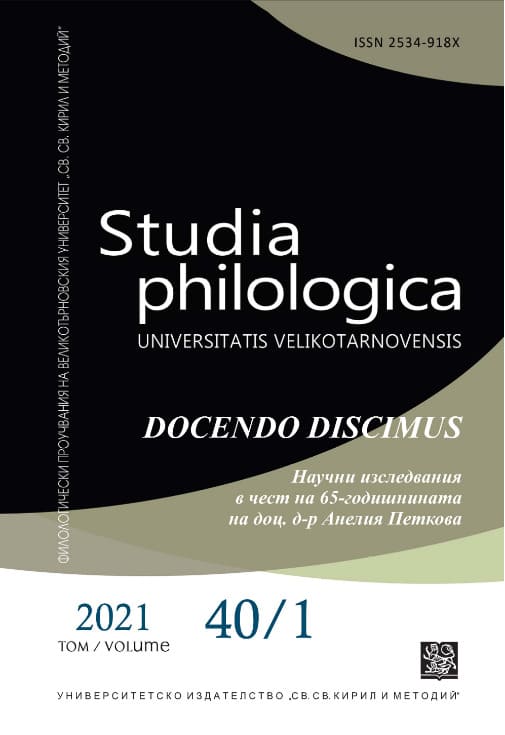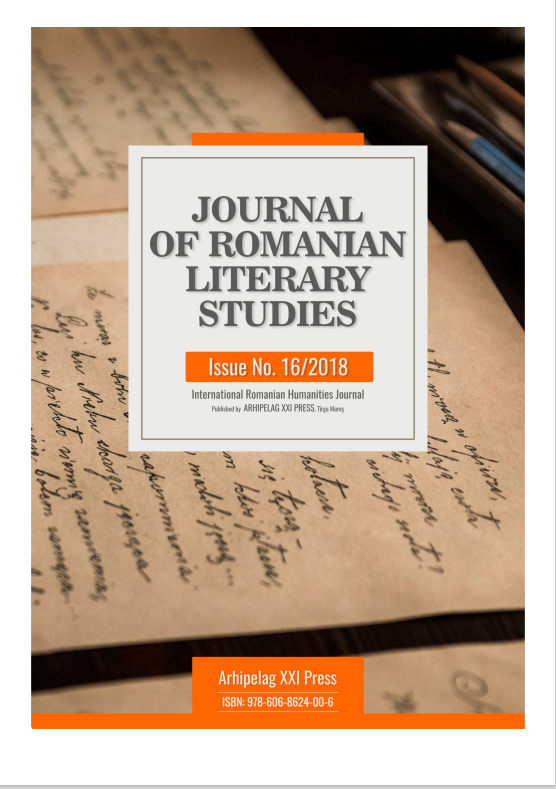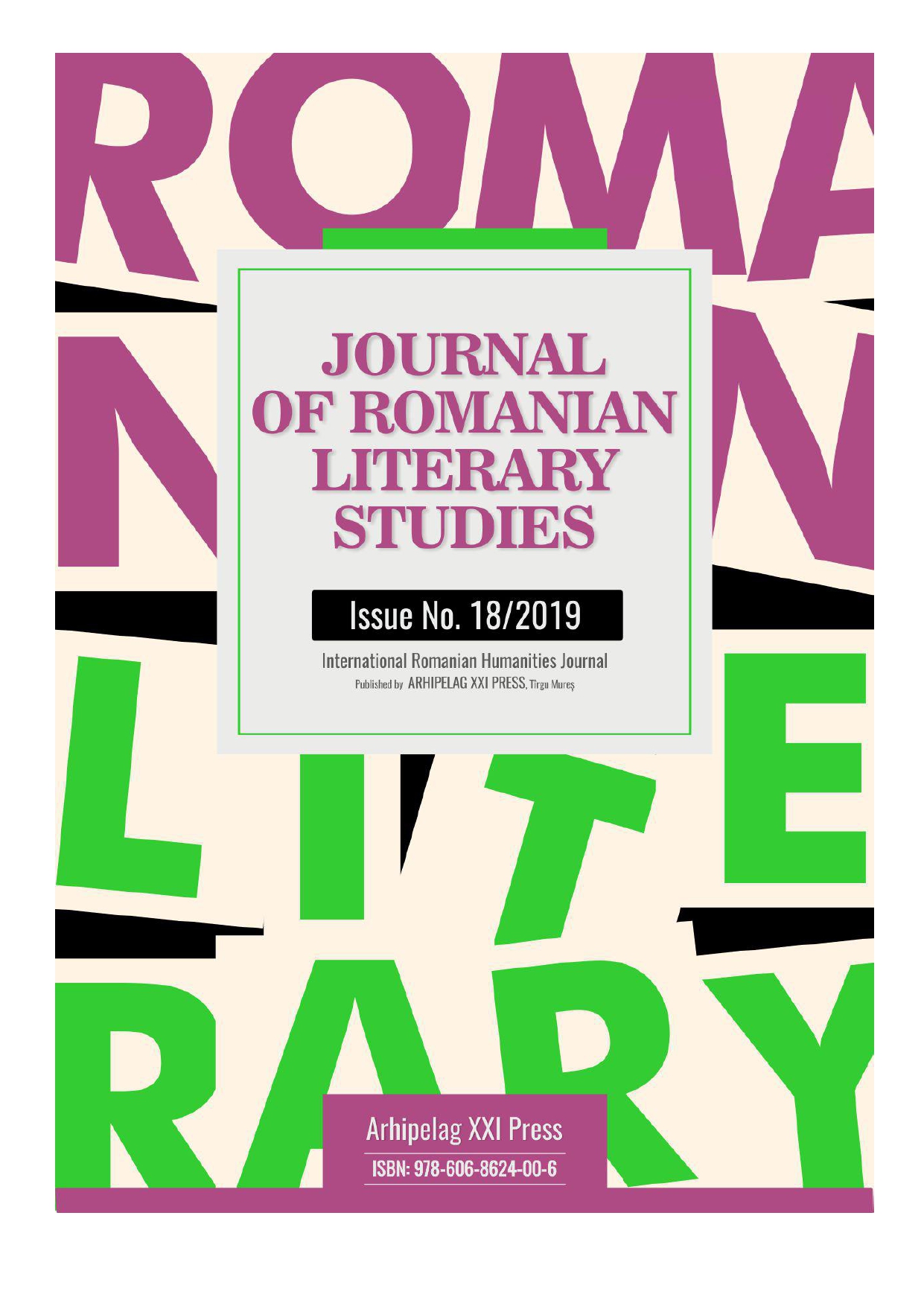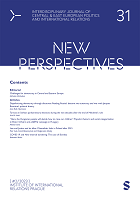Author(s): Florentina Trif / Language(s): English
Issue: 16/2019
Multiculturalism has become one of the most discussed topics in recent years and this has been possible due to its profound implications in a multitude of areas - especially in the legal, social sciences, politics, and last but not least of ethics - areas that allow us to understand and discuss this phenomenon under different aspects and opinions. Therefore, the notion of a "multicultural" society cannot be limited to the mere indication of the coexistence of different cultures in a given national context, but necessarily refers to a particular way to relate to each other. Thus, a society can be defined as "multicultural" insofar as, within it, all differences in customs, culture and ethnicity are equally respected. In the present European society, this phenomenon of multiculturalism can be perceived by the fact that there is a real possibility of a peaceful coexistence between the different cultures of the countries of the old continent and the way in which it can be materialized. Thus, Goethe's assertion that true European unity gives culture and implicitly the cultures of European states, while politics and ideology can destroy it becomes an essential point of view. It should be noted that, on the basis of this principle, there is, of course, the contemporary democratic state in which the recognition of fundamental rights has become the cornerstone and at the same time constitutes the premise on which the political, institutional, social and cultural pluralism of the Union states Which through today's constitutions have become the most significant expression of the idea of European unity and multicultural manifestations. Therefore, the present study intends to illustrate the implications of the cultures of the member states of the European Union in the Cohesion Policy of the European Union, observing that in the evolution of the history of the idea of European unity, multiculturalism becomes an important image vector. Also, a detailed analysis of the relationship between Europe and the set of phenomena of change identified in the expression of multicultural societies will be pursued. To this end, we will begin by clarifying as much as possible the meaning of the concept of European identity as well as the much evoked multiculturalism.
More...
